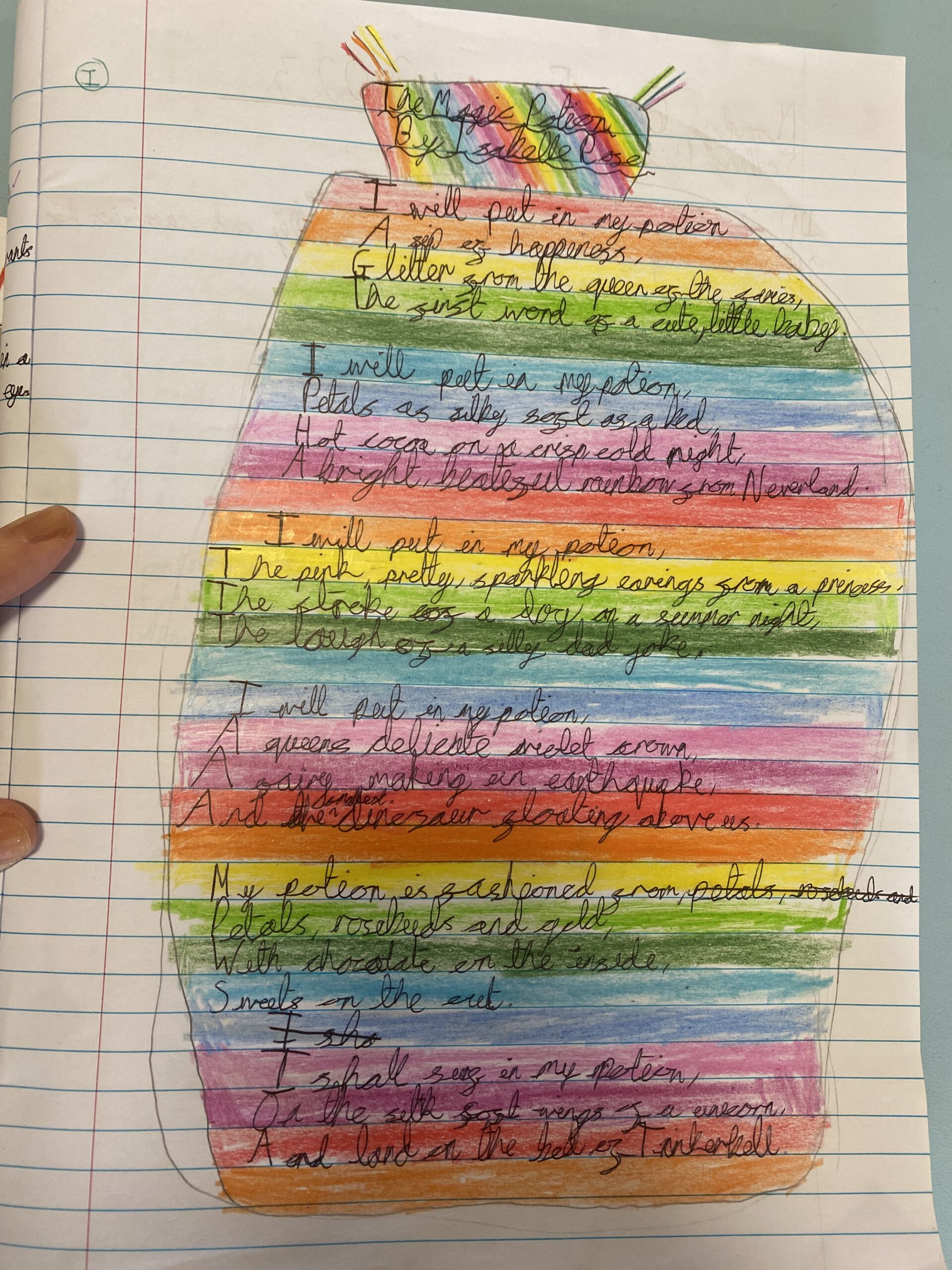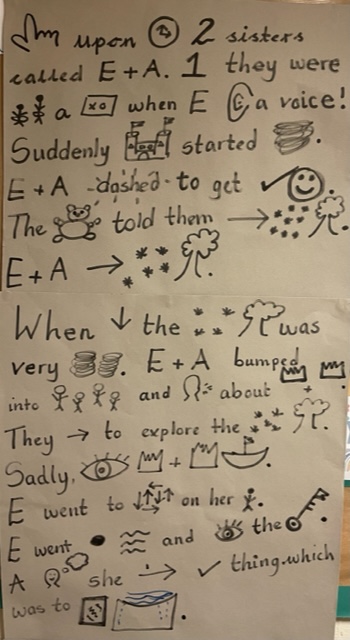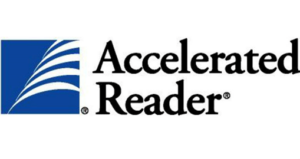English

English at Messingham
At Messingham Primary School we recognise the importance of a high quality English curriculum. We ensure the children are taught key reading and writing skills in order to reach their full potential and prepare them for future education.
Our intent:
- to promote enjoyment and enthusiasm for reading so that children can read easily, fluently and with good understanding
- to develop the habit of reading widely and often, for both pleasure and information
- for children to acquire a wide vocabulary, an understanding of grammar and knowledge of linguistic conventions for reading, writing and spoken language
- for children to write clearly, accurately and coherently, adapting their language and style in and for a range of contexts, purposes and audiences
- for children to be able to use discussion in order to learn; they should be able to elaborate and explain clearly their understanding and ideas
- for children to become competent in the arts of speaking and listening, making formal presentations, demonstrating to others and participating in debate.
- for children to build on prior knowledge from the previous year in order to progress throughout their time at Messingham.
How we implement this:
English is taught as a lesson every day in both KS1 and KS2.
KS1 – phonics (using Little Wandle Letters and Sounds), handwriting, reading and writing.
KS2 – spellings, handwriting, reading and writing.
Messingham have a bespoke approach to the teaching and learning of English – there is a blended approach using reading to enhance the children’s writing skills. Our writing and reading process follows the following structure: stimulus, model, plan and purpose, draft, edit and write. The children will work through these stages during each writing project in order to gain the best outcome in their writing.
Stimulus: this consists of a WOW lesson to get the children engaged and excited about the new topic/book. This can be done through the use of imagery, videos, immersive activities and so on.
Model: this is where the children are exposed to good quality models which they can annotate. This stage also allows children to write a model alongside the teacher and is a good opportunity to show the children how to include specific vocabulary, punctuation and grammar.
Plan and purpose: this stage consists of planning their writing and its purpose. There are different strategies that can be used e.g. mindmap, mountain, storyboard etc.
Draft: this stage allows the children to start writing freely in order to develop the content rather than the grammar.
Edit and write: the children are given time to edit and re-draft their writing at this stage. They’ll then create their independent piece of writing as a celebration lesson where all their learning comes together.
We have recently received Talk4Writing training at Messingham Primary School. As a school, we decided to incorporate elements of the T4W scheme with our bespoke writing approach to enhance our writing curriculum! The children absolutely love taking part in the Talk 4 Writing activities and they even use them in foundation subjects! Here is what they had to say about it…

“Using Talk 4 Writing has helped me to understand texts better and has helped me to get an image of a story in my head. I enjoy creating story maps with the class and acting it out together.” Charlie (UKS2)
“It has helped make my writing better. I wrote my own version of a poem called ‘In my magic potion…’ and I was really proud of it. The story maps are also really fun!” William (LKS2)
“I like the story maps because they are fun. They have helped make my writing better.” Lily (KS1)


In reading and SPaG sessions, we set tasks that are names ‘Master’, ‘Challenger’ and ‘Expert’ where the skill and task develop in difficulty as the children progress during the lesson. This gives the children the opportunity to apply their knowledge and skills to more complex questions or tasks.
Accelerated Reading:

The impact:
The impact of teaching can be seen in our children’s English books; on displays around school; on our class Twitter page and by speaking to our pupils. As a school, we measure impact through book looks, learning walks, lesson observations, pupil progress meetings, teacher/pupil and parent voice and our assessments. This is undertaken by Miss Remond, Mr Hutchings, the senior leadership team and the school’s governors.
The fundamentals
- A belief that every child can and will achieve mastery
- Bespoke Messingham medium term plan
- All children will participate in class discussions
- Conceptual and procedural variation
- Up-to-date working walls
- Class books to base learning around
- A focus on a good use of vocabulary
- Pace, productivity, progress
- Children using Spelling Shed and Accelerated Reader
For any queries regarding English at Messingham Primary please contact Miss Remond – our school’s English Leader.
